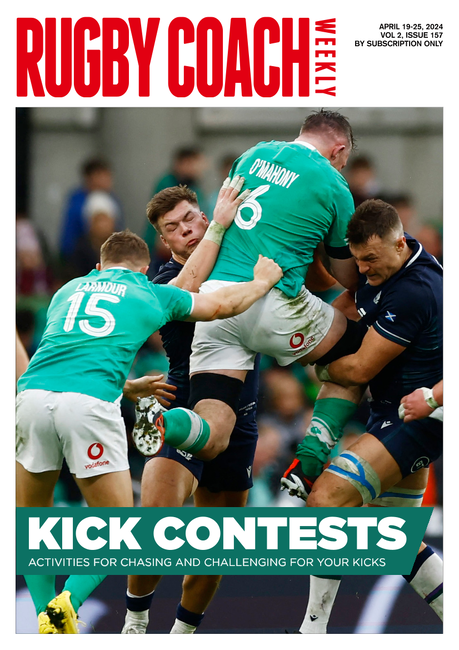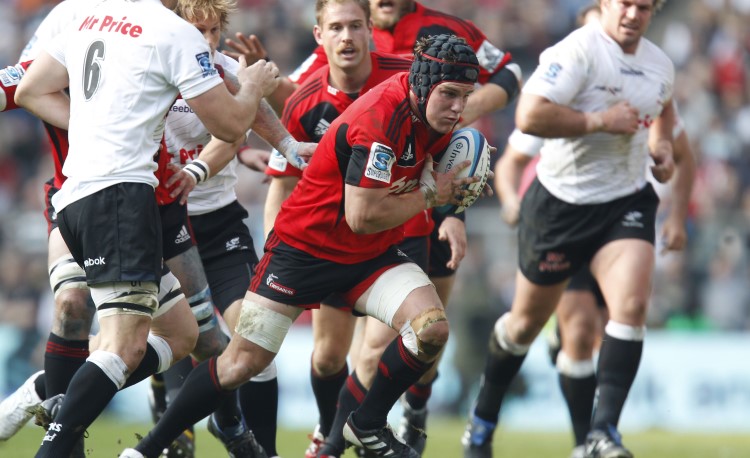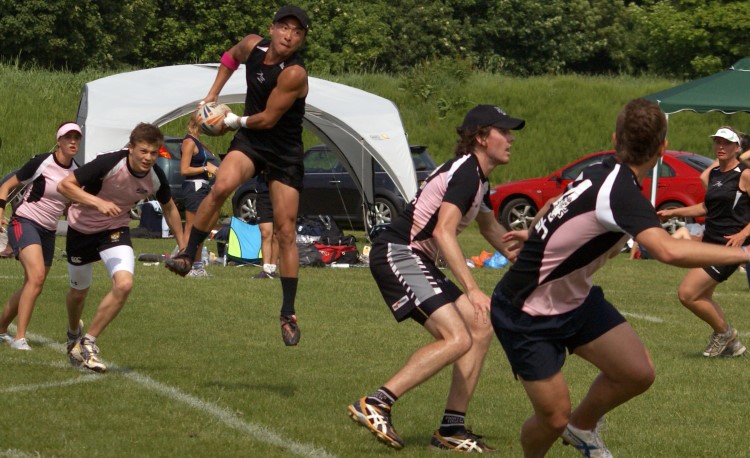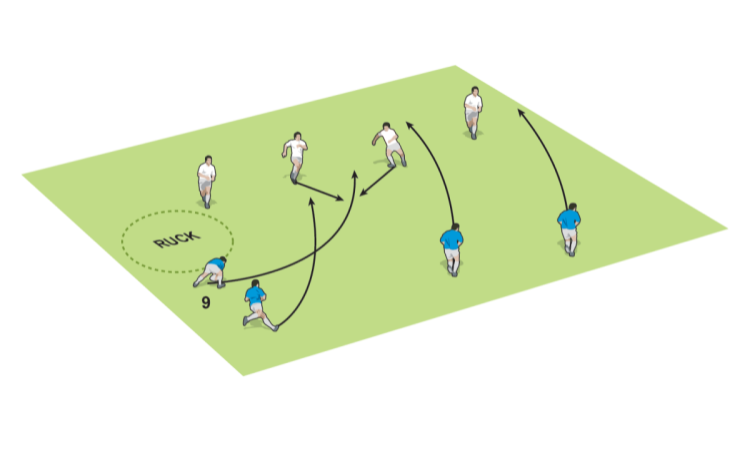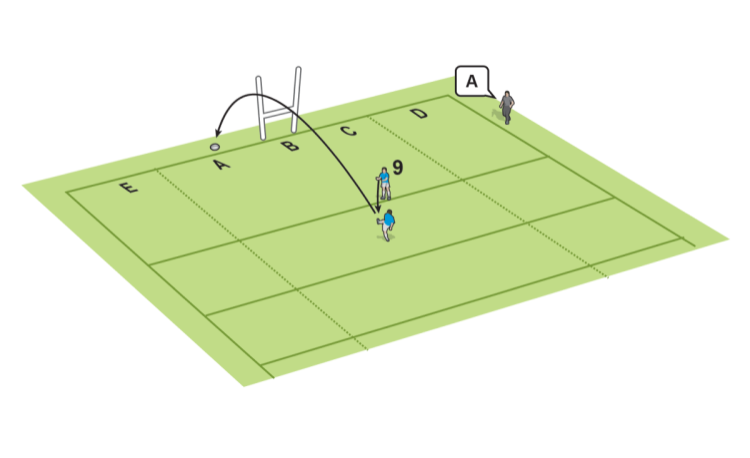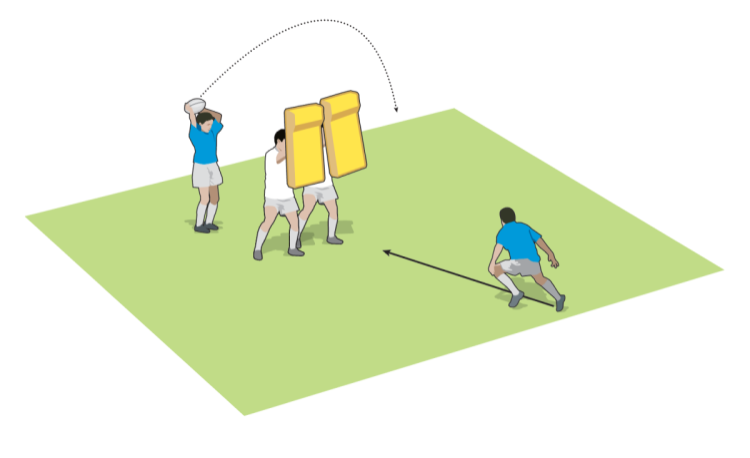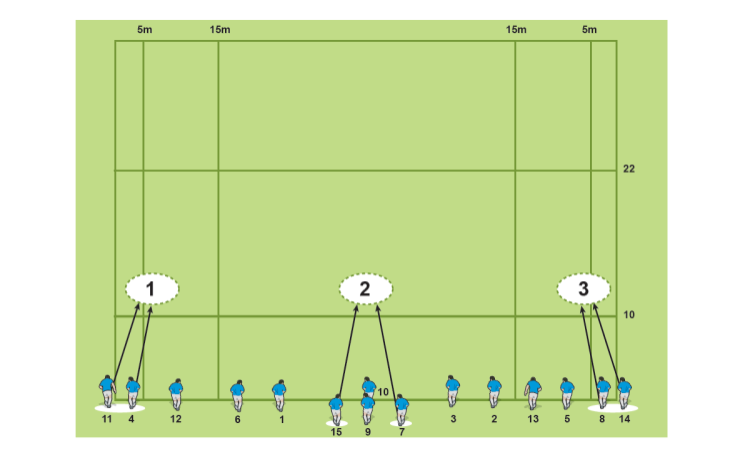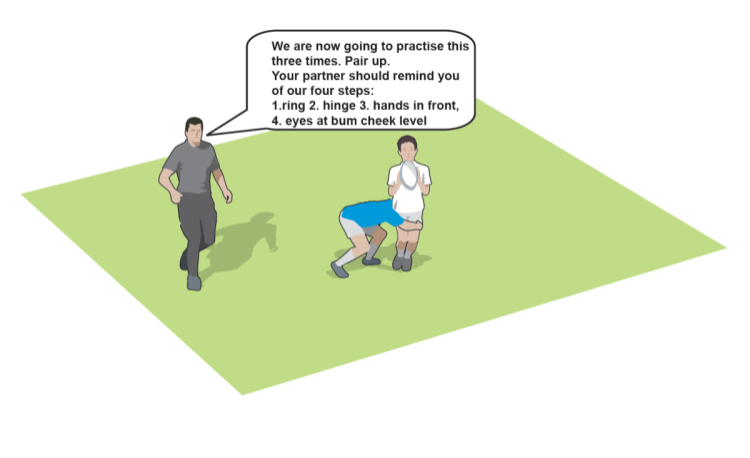You are viewing
1 of your 2 free articles
15 tactical questions to ask your players in lockdown (part one)
With most teams not being able to train, we are back onto virtual meetings and planning.
So, why not come back with some joined-up thinking within your team. See what they know, they think or think they ought to know about the way you play.
Here are 15 tactical questions to ask. There is a handout and Google Form to download for them to fill in.
Here is a link to a Google Form. Make a copy and then share it with your squad. Add questions as you see fit.

forms.gle/Xu5UBg25mNV9HEYS9
PDF
Tactical questions part one
WORD DOCUMENT
Tactical questions part one
So, why not come back with some joined-up thinking within your team. See what they know, they think or think they ought to know about the way you play.
Here are 15 tactical questions to ask. There is a handout and Google Form to download for them to fill in.
KICK OFFS
Kicking to them
- Kicking to them, where do we want to go most of the time? (Long, short, left or right)
- Who chases, who stays back?
- If they kick back to us, what do we do next?
Receiving the kick
- How do we respond to a kick that is short? (Run or kick)
- How do we respond to a kick that is deep? (Run or kick, and what type of kick)
GENERAL PLAY
Attacking rucks
- How many players do we put into a tackle situation other than the ball carrier?
- If it is quick ball, do we always use the scrum half to pass?
- What is the call to pass short to a forward or pass to the fly half?
- If it is slow ball, what are two best plays?
- What is the call if we want to go left or go right?
Defending rucks
- How many players do we put into a tackle situation other than the tackler?
- Who stands where when a ruck is formed? How close, distancing between the players and their roles?
- Where does the 9 stand?
- Where do 15 and the wingers stand?
- Does the position of 15 and the wingers change if we are in their 22m area?
Here is a link to a Google Form. Make a copy and then share it with your squad. Add questions as you see fit.

forms.gle/Xu5UBg25mNV9HEYS9
Tactical questions part one
WORD DOCUMENT
Tactical questions part one
Newsletter Sign Up
Coaches Testimonials

Gerald Kearney, Downtown Las Vegas Soccer Club

Paul Butler, Florida, USA

Rick Shields, Springboro, USA

Tony Green, Pierrefonds Titans, Quebec, Canada
Subscribe Today
Be a more effective, more successful rugby coach
In a recent survey 89% of subscribers said Rugby Coach Weekly makes them more confident, 91% said Rugby Coach Weekly makes them a more effective coach and 93% said Rugby Coach Weekly makes them more inspired.
Get Weekly Inspiration
All the latest techniques and approaches
Rugby Coach Weekly offers proven and easy to use rugby drills, coaching sessions, practice plans, small-sided games, warm-ups, training tips and advice.
We've been at the cutting edge of rugby coaching since we launched in 2005, creating resources for the grassroots youth coach, following best practice from around the world and insights from the professional game.
More from us
© 2023 Rugby Coach Weekly
Part of Green Star Media Ltd. Company number: 3008779
We use cookies so we can provide you with the best online experience. By continuing to browse this site you are agreeing to our use of cookies. Click on the banner to find out more.


